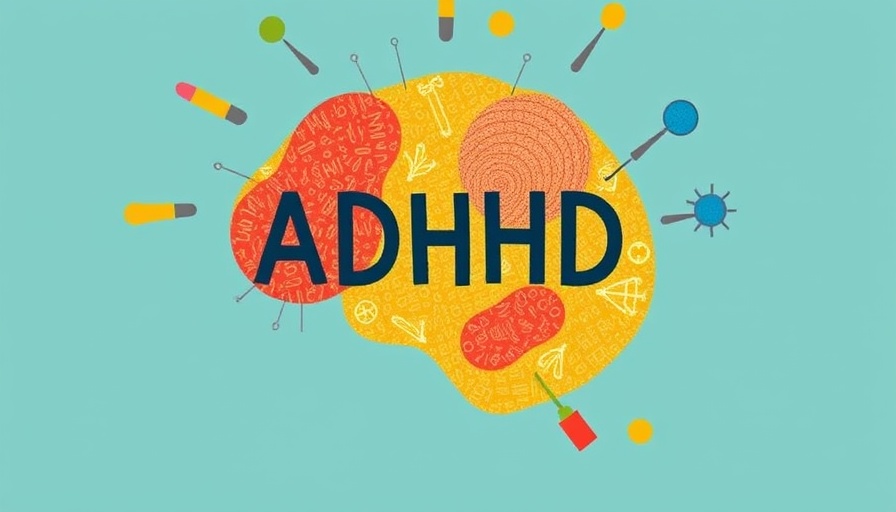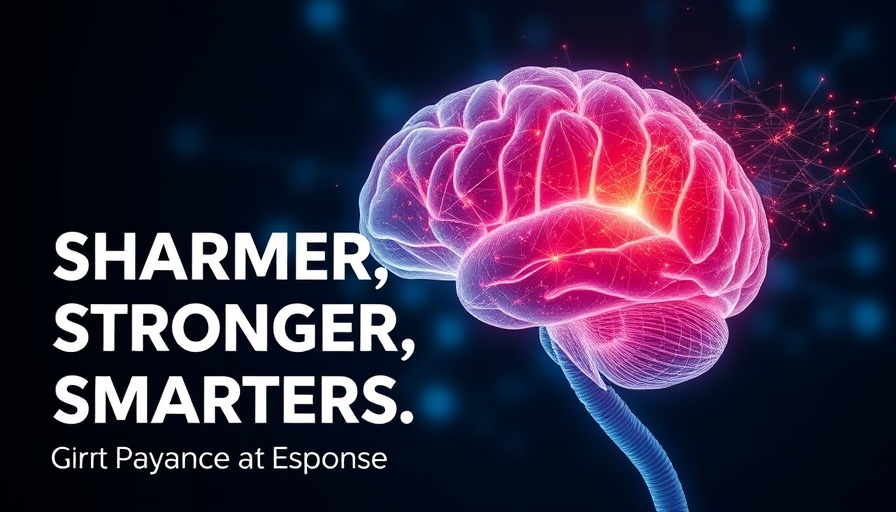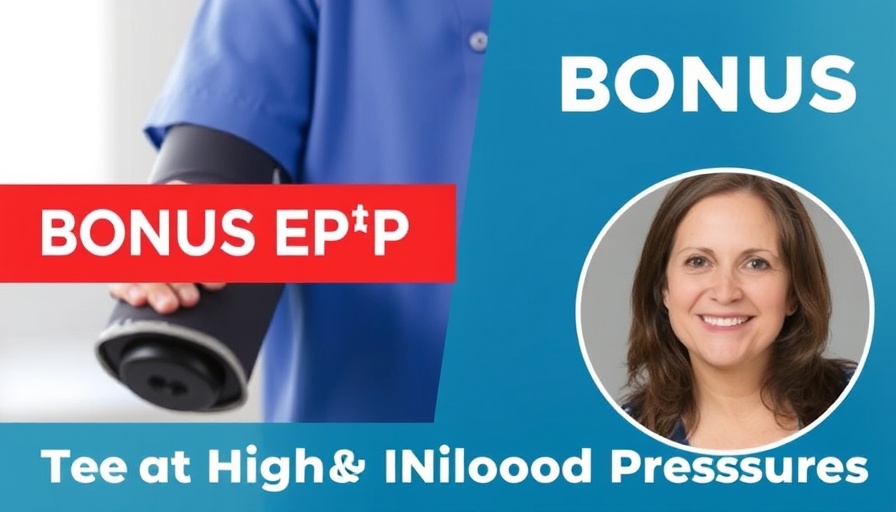
The Hidden Layers of ADHD: Beyond the Diagnosis
Attention Deficit Hyperactivity Disorder (ADHD) often feels like a label that defines rather than explains. Many view ADHD through the narrow lens of symptoms: fidgeting, forgetfulness, or impulsivity. Yet, what if we reframe this narrative? What if ADHD is not merely a set of behaviors but a complex interplay of physiological, emotional, and environmental factors?
In the words of the great Zen master Thich Nhat Hanh, "Feelings come and go like clouds in a windy sky. Conscious breathing is my anchor." Just as our feelings are influenced by our surroundings, so too are the dimensions of ADHD. A deeper exploration reveals that unprocessed trauma, nutritional deficiencies, and a lack of personal connection can contribute significantly to the experiences of those with ADHD.
The Role of Nutrition: Fueling the Mind
It is no coincidence that diet plays a monumental role in our overall wellness and cognitive function. Studies have shown that children and adults alike can experience a reduction in ADHD symptoms through dietary modifications. Omega-3 fatty acids, found in fish and flaxseeds, are proven to support brain health. Furthermore, incorporating a variety of whole foods can help mitigate inflammation, often a contributing factor to attention disorders.
Additionally, embracing nutrient-rich foods helps stabilize blood sugar levels, eliminating the spikes and crashes that can worsen symptoms. A well-rounded diet is not just about physical health; it’s also about nourishing our minds.
Psychological Patterns: Healing the Inner Child
Beyond dietary impacts, the psychological landscape of individuals with ADHD is ripe for exploration. Many report a history of trauma or emotional distress, which can manifest as distractibility or anxiety. The powerful practice of mindfulness can serve as a transformative tool, providing individuals with mechanisms to process their emotions and cultivate inner peace.
In the spirit of nurturing our emotional health, we can practice tools from functional medicine. Techniques such as journaling, meditation, and breathwork allow individuals to tune into their feelings and release stagnant energy. This approach encourages healing rather than merely masking symptoms.
The Community Effect: Ways of Connection
Finally, the societal context in which we live plays a crucial role in shaping mental health. Communities that embrace inclusivity and connection are critical in supporting individuals with ADHD. Programs that cultivate understanding and compassion can lead to transformational experiences, replacing stigmatization with empathy.
Much like the community gardens sprouting life in barren settings, supportive groups foster growth, acceptance, and healing for those navigating ADHD. As we weave connections with others, we weave health and hope into the fabric of their lives.
A Holistic Approach: Embracing Functional Medicine
The realms of traditional medicine and functional practices intersect at a vital juncture, offering a holistic approach to ADHD. Functional medicine looks not just at symptoms but seeks to understand the root causes. By addressing hormonal imbalances, gut health, and lifestyle factors, we can offer comprehensive care that respects the individuality of each person.
This approach can encourage empowerment and agency, allowing individuals to take proactive steps toward their health journeys. After all, as Rumi wisely said, "The wound is the place where the Light enters you." By illuminating the root causes of ADHD, we enable pathways to healing that extend well beyond medications.
Conclusion: A Journey Towards Understanding
As we rethink ADHD, let us strive towards a paradigm that embraces the full spectrum of the human experience. By delving deep into nutrition, psychology, and the power of community connection, we can illuminate new paths toward healing and flourishing. This is not merely about managing symptoms; it’s about empowering lives through understanding and compassion.
Thus, let us invite our seniors and biohackers alike to explore these connections—because understanding ADHD opens doors, expands empathy, and ultimately cultivates a healthier, harmonious existence for all.
 Add Row
Add Row  Add
Add 




Write A Comment